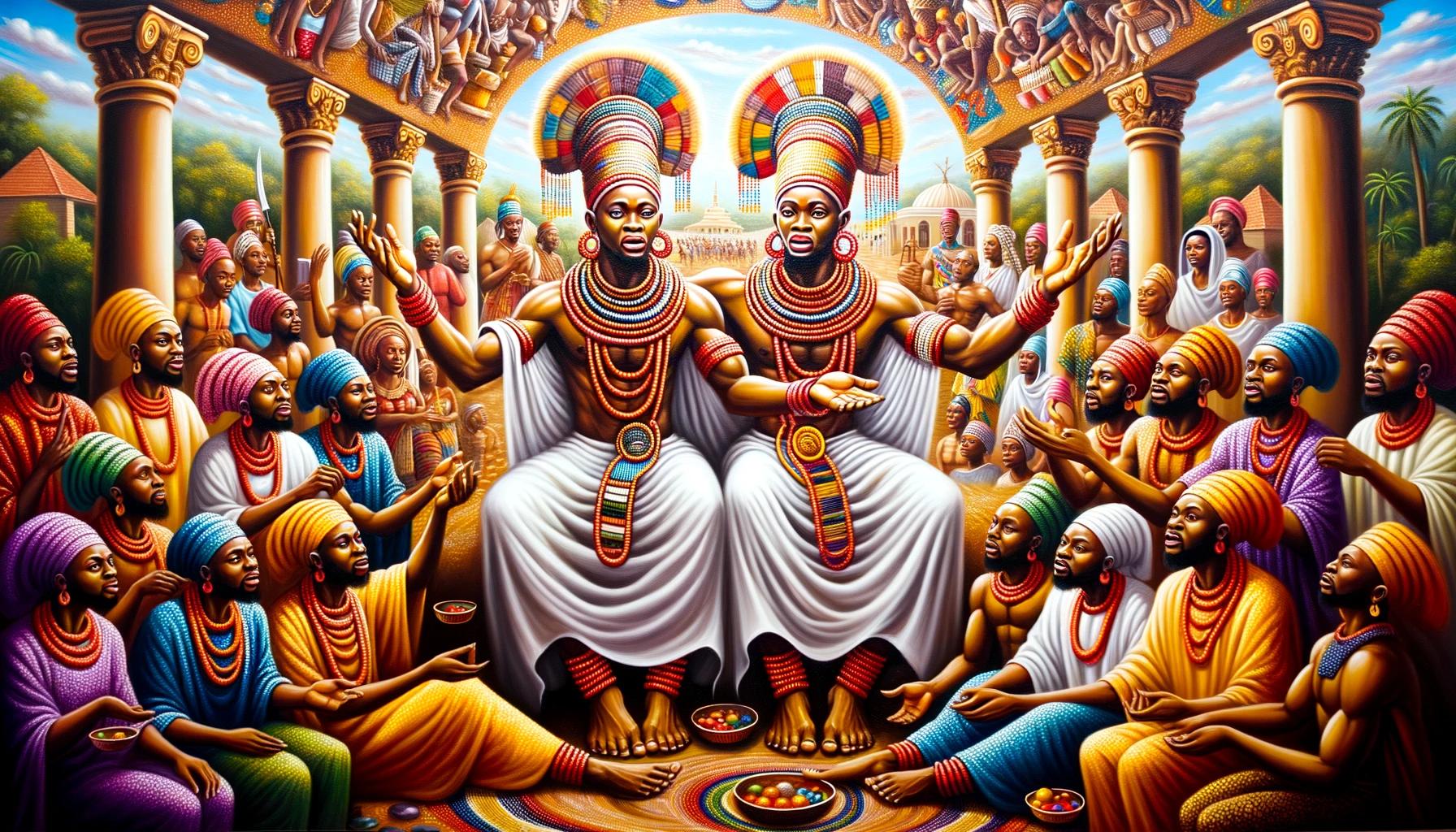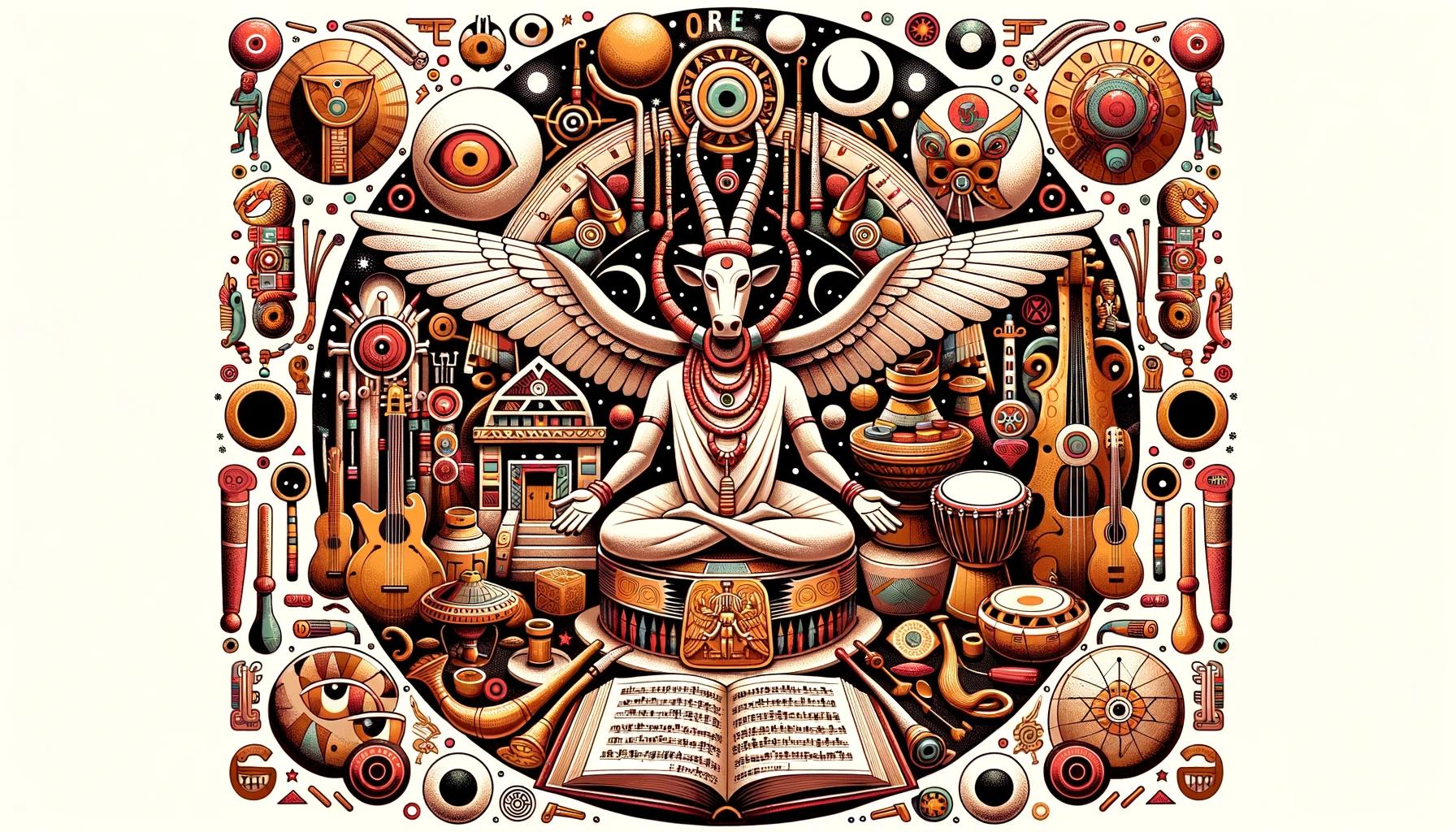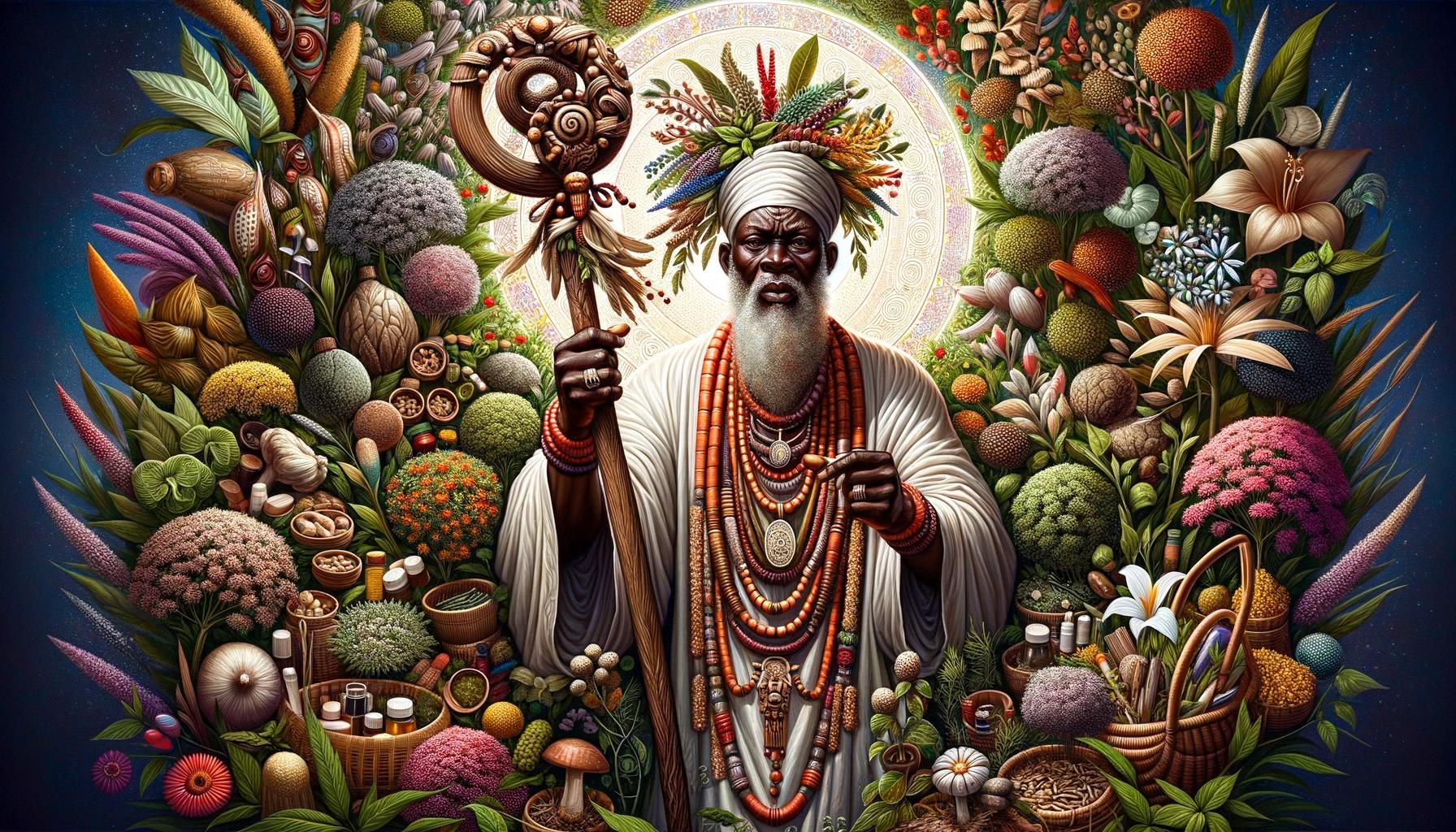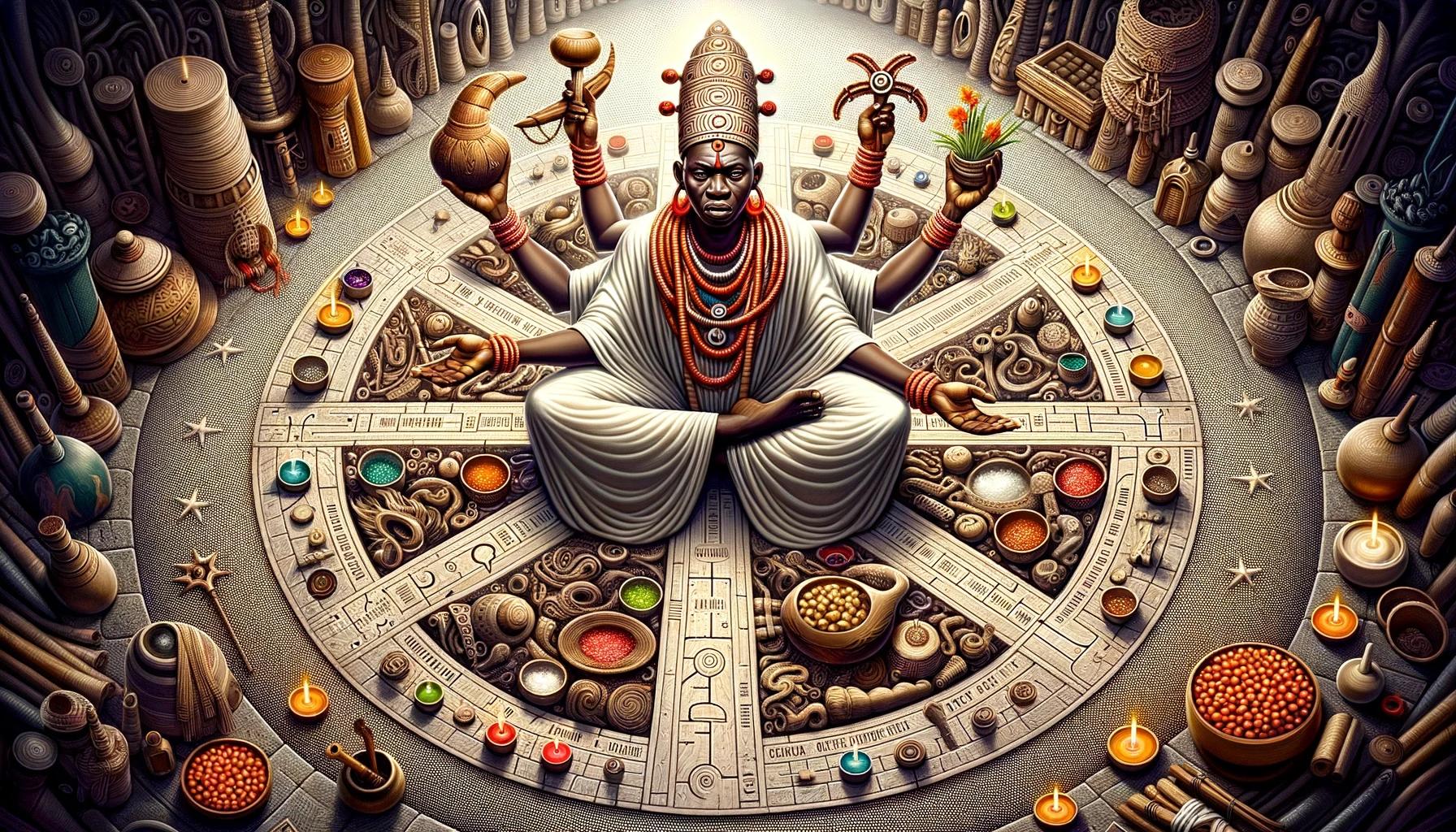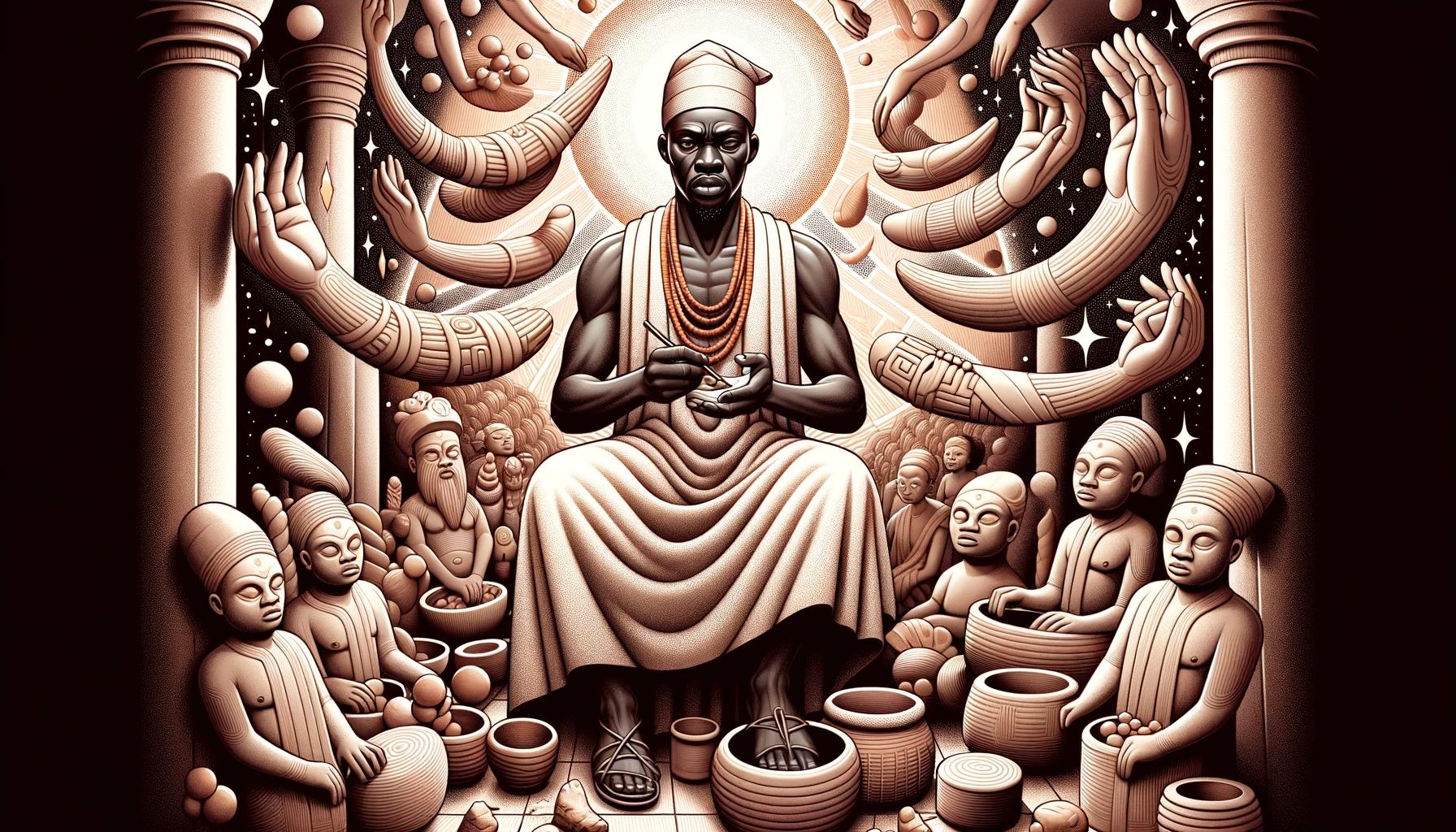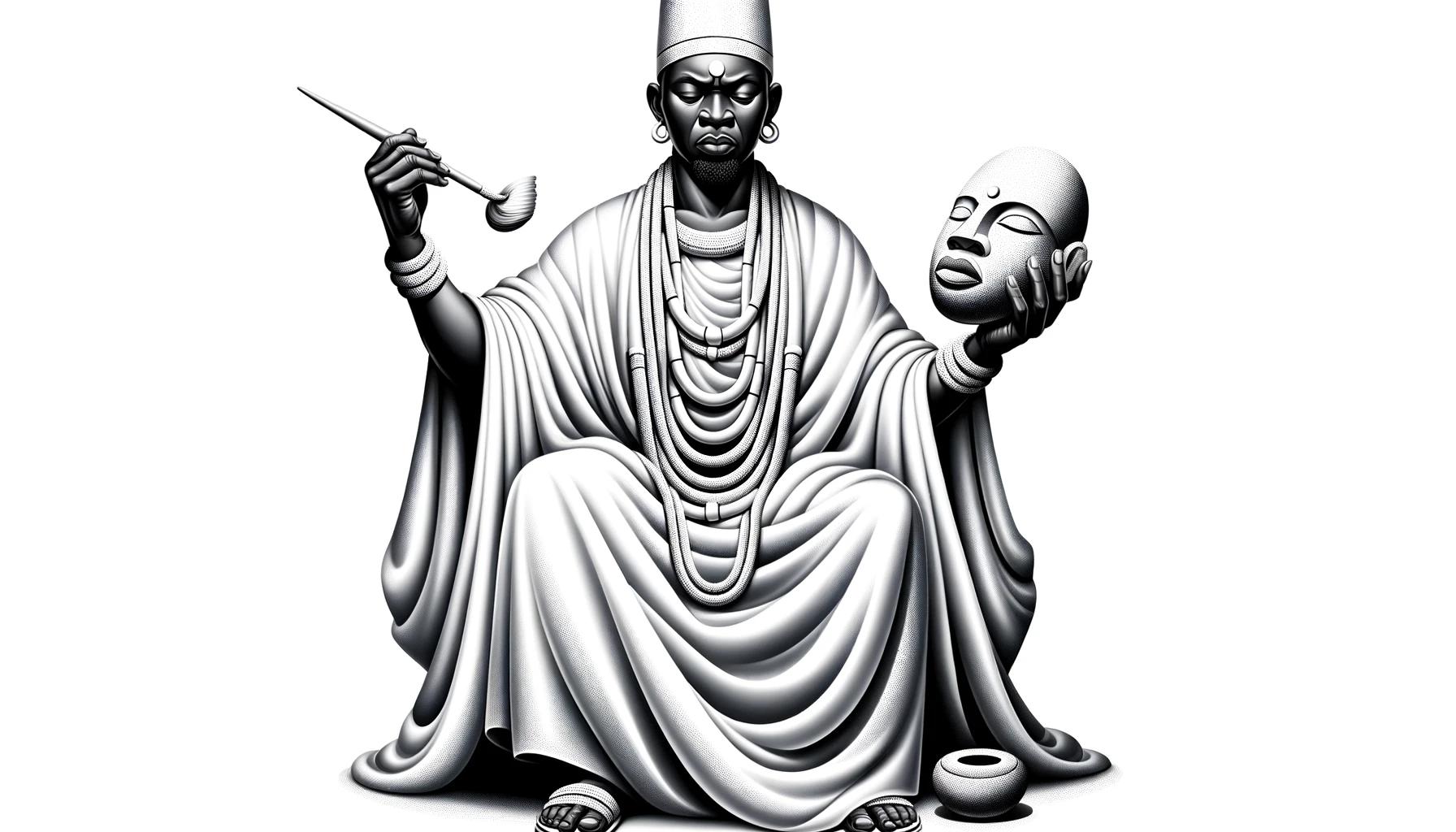Ibeji Twins Story: Exploring the Fascinating Yoruba Twin Tradition in African Art and Culture
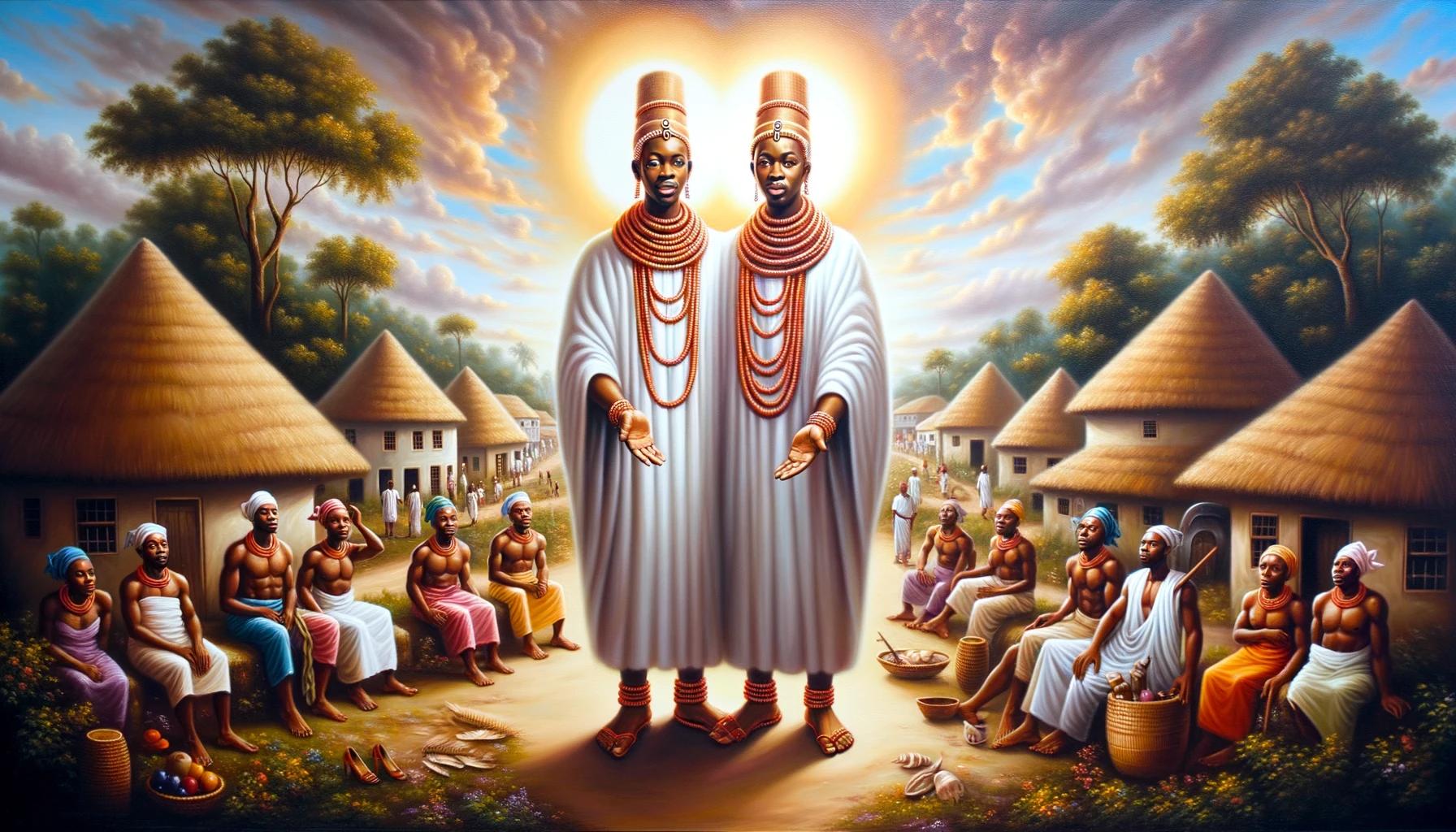
The Ibeji twins story is a fascinating exploration of the Yoruba twin tradition in African art and culture. From the beliefs and spiritual significance of twins to the intricate representations through Ibeji figures and sculptures, this article delves into the rich heritage of Yoruba twins.
We also examine the high rates of twin births in Yoruba communities, the artistic exhibitions showcasing Ibeji twins, and their wider implications for family dynamics and identity formation. Join us as we unravel the captivating world of Ibeji twins and their cultural significance.
The Yoruba Twins Tradition: Exploring the Unique Beliefs and Practices
The Yoruba Twins Tradition holds a significant place in the rich cultural tapestry of Nigeria’s Southwest region. It encompasses fascinating beliefs and practices surrounding twins, highlighting their spiritual significance and cultural representations.
Understanding the Yoruba culture is fundamental to exploring the intricacies of this tradition and appreciating its profound impact on society.
The Yoruba People: Understanding the Culture of Nigeria’s Southwest Region
The Yoruba people, residing in Nigeria’s Southwest region, have a vibrant cultural heritage defined by their unique customs, language, and artistic expressions. Their deep-rooted beliefs lay the foundation for the prominent role twins play in their society.
By delving into the Yoruba culture, we gain insight into the cultural context that shapes the perception of twins and the rituals associated with them.
The Beliefs and Spiritual Significance of Twins in Yoruba Culture
In Yoruba culture, twins are regarded as divine beings with extraordinary powers and a celestial counterpart. The belief in the duality of existence, both in the physical and spiritual realms, gives birth to the profound spiritual significance attributed to twins.
They are considered special emissaries sent by the gods, with the ability to bridge the gap between the earthly and divine realms. Exploring these beliefs sheds light on the cultural and spiritual significance twins hold within Yoruba society.
Ibeji Twins: Divine Beings and Their Cultural Representations
Ibeji Figures: Uncovering the Artistic Depictions of Twinhood
Ibeji figures, crafted by the Yoruba people, offer a captivating glimpse into the artistic depictions of twinhood. These sculptures, often carved from wood, showcase the unique bond shared by twins in Yoruba culture.
Intricately designed and adorned with symbolic elements, Ibeji figures reflect the sacredness and divine status ascribed to twins in Yoruba belief systems. The artistic details and intricate carvings bring to life the essence of twinhood and stand as a testament to the cultural significance of Ibeji twins.
Ere Ibeji: The Sacred Sculptures as Embodiments of Lost Twins
Ere Ibeji, the wooden sculptures created as substitutes for deceased twin children, hold deep cultural and spiritual significance in Yoruba society. These sacred sculptures are believed to house the souls of the departed twins, providing a vessel through which their spirits can be honored and remembered.
Adorned in vibrant colors and intricate patterns, Ere Ibeji sculptures serve as tangible connections to the lost twins, allowing their memory to be preserved and celebrated within the community.
The Symbolism and Ceremonial Importance of Ibeji Twins in Yoruba Society
Ibeji twins hold profound symbolism in Yoruba society, representing the duality and balance within the world.
They are seen as a divine union, embodying both the earthly and celestial realms. The ceremonial importance of Ibeji twins is highlighted through various rituals and ceremonies dedicated to their spiritual essence.
These events serve as opportunities to seek protection, blessings, and guidance from the twins, ensuring the well-being and prosperity of the community. The symbolic value and ceremonial practices surrounding Ibeji twins form an integral part of Yoruba cultural identity and continue to be cherished and upheld.
Twin Births in Yoruba Culture: Demystifying the High Rates and Cultural Implications
In Yoruba communities, twin births hold a significant place in the cultural fabric, with Nigeria’s southwest region having one of the highest rates of twin births in the world. This phenomenon has captivated researchers and cultural enthusiasts alike, sparking curiosity about the factors behind such high occurrences and the subsequent cultural implications.
The Phenomenon of Twin Births in Yoruba Communities
Yoruba communities have long been recognized for their exceptionally high rates of twin births. This unique phenomenon has fascinated scientists and scholars, prompting thorough investigations into the biological, genetic, and environmental factors that contribute to this striking occurrence.
The prevalence of twin births in Yoruba culture has become a source of pride and admiration, reflecting the community’s close affinity with twinhood.
Exploring the Factors Behind the Yoruba’s High Twin Birth Rate
A number of factors have been identified as potential explanations for the high rates of twin births in Yoruba communities.
Genetic predisposition is believed to play a significant role, with studies suggesting that certain genetic variations among the Yoruba population contribute to a higher likelihood of conceiving twins. Additionally, researchers have also considered environmental factors such as diet and lifestyle practices prevalent in the Yoruba culture as potential influencers on the frequency of twin births.
The Role of Twins in Yoruba Families and Community Life
Twin births hold profound cultural significance in Yoruba families and society at large. Twins are often considered a special blessing, believed to bring double the joy, luck, and prosperity to their families.
They are revered as symbols of abundance and divine intervention, embodying the unique connection between earthly existence and the spiritual realm. Yoruba culture places great importance on the close bond between twins, emphasizing their role in fostering unity, support, and a sense of belonging within the family and community.
- Twins are seen as a source of pride and prestige within Yoruba families, often garnering special attention and care from their parents and extended relatives.
- The birth of twins also initiates a series of traditional rituals and celebrations, reinforcing their cultural significance and welcoming them into the community with open arms.
- Twins are believed to possess unique spiritual powers and are seen as intermediaries between the mortal world and the spiritual realm, invoking both awe and reverence from the community.
Understanding the role of twins in Yoruba families and community life allows for a deeper appreciation of the cultural richness and the intricate tapestry that twins contribute to the overall fabric of Yoruba society.
Ibeji Twins in African Art: Exhibitions and Collections
The cultural significance of Ibeji twins is beautifully portrayed in various exhibitions and collections that showcase the artistic heritage of Yoruba twins.
Ibeji Twin Sculptures: Showcasing the Artistic Heritage of Yoruba Twins
Ibeji twin sculptures, known as ere ibeji, are exquisite examples of Yoruba artistry.
These wooden sculptures represent the lost twin and serve as a tangible connection to the spiritual realm. The sculptures intricately capture the physical features, clothing, and hairstyles of twins, emphasizing the cultural importance of twinhood in Yoruba society.
Adorned with colorful beads and locally sourced materials, these sculptures reflect the creativity and craftsmanship of Yoruba artists.
Notable Exhibitions: Celebrating Ibeji Twins in Museums and Galleries
Around the world, museums and galleries host notable exhibitions dedicated to Ibeji twins, providing a platform to explore their cultural significance. These exhibitions feature a diverse range of artifacts, including Ibeji sculptures, photographs, and multimedia displays.
Visitors can immerse themselves in the rich history and spiritual beliefs surrounding twins in Yoruba culture, gaining a deeper understanding of the symbolism and practices associated with Ibeji.
Collections and Preservation Efforts: Safeguarding the Legacy of Ibeji Twins
Collections of Ibeji sculptures are held in museums and private collections, ensuring the preservation and continued appreciation of these cultural treasures.
Efforts are made to safeguard the legacy of Ibeji twins, with proper conservation techniques implemented to prevent deterioration. These collections serve as valuable resources for researchers, historians, and art enthusiasts, allowing them to study and appreciate the intricacies of Yoruba twin traditions.
Beyond the Ibeji Twins: Exploring Other Twin Traditions and Beliefs
In addition to the rich Yoruba twin tradition, twin cultures can be found around the world, each with its own unique beliefs and practices. Let’s delve into some of these fascinating twin traditions and explore how twinship shapes cultural narratives.
Twin Cultures Around the World: A Comparative Analysis
Across different cultures, twins have been regarded with awe and wonder. From the mythological twins Romulus and Remus in ancient Rome to the sacred significance of twins in Native American cultures, the concept of twins extends far beyond the Yoruba tradition.
This comparative analysis will shed light on the diverse beliefs and cultural practices associated with twins worldwide.
Twin Bonds and Identity: How Twinship Shapes Cultural Narratives
The bond between twins goes beyond physical similarity. In many cultures, twins are believed to share a unique connection, often described as a telepathic or intuitive bond. This section explores how twinship influences and shapes cultural narratives, including notions of identity, familial relationships, and societal perceptions.
- The role of twins in storytelling and mythology
- Twin symbolism in art and literature
- The impact of twin relationships on personal growth and development
By examining other twin traditions and exploring the cultural narratives surrounding twinship, we gain a deeper understanding of the universal fascination with twins and the profound influence they have on various societies and cultures around the world.
Ibeji Twins in Modern Society: Contemporary Perspectives and Practices
Within modern society, the representation and interpretation of Ibeji twins have taken on new dimensions, reflecting the evolving cultural landscape. Contemporary artists and scholars have reimagined the depiction of Ibeji twins, exploring alternative mediums and artistic styles to capture their essence.
Contemporary Interpretations: Reinventing the Representation of Ibeji Twins
Artists have embraced innovative approaches to represent Ibeji twins in modern art. Through various mediums such as painting, sculpture, photography, and performance art, they reinterpret the symbolism and spirituality associated with twins.
These contemporary interpretations often challenge traditional conventions and offer fresh perspectives on the cultural significance of Ibeji twins.
By blending traditional Yoruba art techniques with contemporary art forms, artists introduce new narratives that highlight the complexity and diversity of twinhood.
They address themes of identity, spirituality, and social dynamics, inviting viewers to engage with the cultural nuances and broader societal implications tied to the concept of twins.
Twins in Diaspora: Yoruba Twin Culture Beyond Nigeria’s Borders
As Yoruba culture spreads across the globe, their twin traditions and practices extend beyond Nigeria’s borders.
Diasporic Yoruba communities, particularly in the United States, Europe, and other parts of Africa, have adapted and preserved Yoruba twin customs.
In these diasporic communities, twins and their families strive to maintain their cultural heritage by actively participating in festivals, celebrations, and rituals associated with Ibeji twins.
They establish support networks and organizations to reinforce their twin identities and ensure the transmission of Yoruba twin culture to future generations. This diasporic engagement fosters a sense of belonging, strengthens cultural connections, and promotes cross-cultural understanding.
- Collaborative efforts between Yoruba diasporic communities and local institutions allow for the preservation and promotion of Yoruba twin culture through exhibitions, educational programs, and cultural exchange initiatives.
- Twins in diaspora often navigate the intersection of their Yoruba heritage and the cultural influences of their adopted countries.
This blending of cultures contributes to the dynamic and evolving nature of Yoruba twin practices and perspectives.
Through contemporary interpretations and the diaspora’s engagement, Ibeji twins continue to thrive as an integral part of Yoruba cultural heritage, adapting to modern society while maintaining their traditional essence.
The Significance of Ibeji Twins: From Spirituality to Family Dynamics
Spiritual Beliefs and Practices: Understanding the Influence of Ibeji Twins
In Yoruba culture, the belief in the divine nature of twins is deeply ingrained. Twins are regarded as special beings with supernatural origins and spiritual power. The concept of “Ibeji” refers to the idea that each person has a celestial counterpart, and twins are individuals who are born alongside their heavenly counterparts.
The spiritual significance of Ibeji twins is reflected in various rituals and practices. Families often venerate and honor the Ibeji deities through offerings and prayers, seeking their guidance and protection. These rituals are believed to appease the spirits and ensure the well-being of the family, particularly the children.
Ere Ibeji, the wooden sculptures created as substitutes for deceased twin children, play a vital role in these spiritual practices. These sculptures are believed to house the souls of the departed twins, acting as a connection between the earthly and celestial realms.
They participate in ceremonies and receive offerings as if they were living children, keeping the memory and spiritual presence of the twins alive within the family.
Family Dynamics and Social Impact: Twins’ Role in Yoruba Society
Twins hold a significant position within Yoruba families and society.
They are considered a blessing and bring joy to their parents and the community. The birth of twins is often celebrated with enthusiasm and regarded as a sign of fertility and prosperity.
In Yoruba society, twins enjoy a special status and are sometimes seen as symbols of harmony and balance. They are believed to bring good fortune and protection to their families, especially their siblings.
The presence of twins is considered auspicious, and their birth is witnessed as a joyous event that strengthens family bonds.
Furthermore, the close bond between twins transcends their immediate family circle and extends to the wider community.
Twins are often seen as role models, demonstrating unity and cooperation. They serve as an example of the importance of forming strong relationships and working together for the greater good.
Overall, the significance of Ibeji twins goes beyond their biological nature.
Their spiritual essence and cultural importance shape family dynamics, community values, and societal beliefs within the Yoruba culture.
- Spiritual beliefs and practices surrounding Ibeji twins
- The role of Ere Ibeji sculptures in connecting with the spiritual realm
- The celebration and social impact of twins in Yoruba society
- The symbolic value of twins as agents of harmony and unity
Twins and Identity: Exploring Personal Stories and Experiences
Twins hold a special place in Yoruba culture, not only as divine beings but also as individuals with unique stories and experiences that shape their identities.
This section delves into the personal tales and journeys of twins, shedding light on the intricacies of their lives and the formation of their identities.
Personal Tales: Stories of Twins’ Lives and Identity Formation
The lives of twins are marked by a bond that extends beyond mere siblinghood.
Through personal stories, twins share their remarkable experiences, discussing how their shared journey has influenced their sense of self and shaped their individuality.
- The unbreakable connection: Twins describe the deep emotional and psychic connection they share with their twin sibling, often feeling each other’s emotions and even completing each other’s sentences.
- Forging a unique identity: Growing up as a twin presents both challenges and opportunities for establishing personal identities.
Twins recount their struggles in differentiating themselves from their sibling while embracing their shared heritage and bond.
- Discovering individuality: Personal anecdotes highlight the process of self-discovery for twins, navigating their own interests, talents, and aspirations, while simultaneously maintaining a strong connection to their twin and cultural heritage.
Challenges and Celebrations: Navigating Life as a Twin in Yoruba Culture
Being a twin in Yoruba culture comes with its own set of challenges and celebrations.
This section explores the unique experiences and societal expectations that twins encounter within their communities.
Challenges:
- Social comparisons and expectations: Twins often face constant comparisons from others, which can lead to feelings of competition and pressure to conform to societal expectations.
- Identity and individuality: Twins may grapple with finding their own unique identity amidst cultural norms that tend to emphasize the shared twin identity.
- Interpersonal dynamics: Balancing the twin relationship with other relationships can be complex, as twins navigate between their sibling bond and the need for independence and individual friendships.
Celebrations:
- The power of twinhood: Twins find joy and pride in their unique bond, celebrating the shared experiences, understanding, and support that their twin relationship provides.
- Cultural festivities: Yoruba culture embraces twins through various ceremonies and celebrations, such as the annual Ibeji festival, where twins are honored, prayed for, and showered with blessings of prosperity and good fortune.
- Community support: Twins often find solace and belonging within their Yoruba communities, where their special status as twins is recognized and cherished.
By exploring personal stories and understanding the challenges and celebrations faced by twins in Yoruba culture, we gain a deeper appreciation for the complexities of twin identity and the unique role they play within their families and society.
.

